The workplace exposure standard (WES) for respirable coal dust has been reduced from 3 mg/m3 to 1.5 mg/m3.
Safe Work Australia is undertaking a best practice review of the model Work Health and Safety (WHS) Act and model WHS Regulations to consider best practice approaches in the context of strengthening and maintaining harmonisation of WHS laws.
Safe Work Australia is developing a model Code of Practice (model Code) which provides practical guidance for employers on how to manage the risks of biological hazards at work.
Safe Work Australia is seeking feedback on a proposal to reduce the Aluminium (welding fumes) workplace exposure standard (WES) from 5mg/m3 to 1mg/m3.
This case study provides an overview of how PCBUs can effectively communicate when consulting with workers on work health and safety, especially workers from migrant and multicultural backgrounds, in a residential aged care setting.
Australian workplaces are diverse. Many workers come from migrant and multicultural backgrounds and may have different communication needs and preferences.
Safe Work Australia will soon seek feedback on the impacts of the proposed workplace exposure limits for 9 chemicals.
Safe Work Australia has published amendments to the model Work Health and Safety (WHS) Act and updated guidance on incident notification requirements.
Safe Work Australia invites your feedback on potential options to improve the coverage and operation of the incident notification provisions in the model Work Health and Safety (WHS) Act (the ‘incident notification provisions’).
Safe Work Australia has published an updated WHS consultation checklist to comprehensively reflect WHS duties and better support duty holders’ understanding of the requirements.
If you’re a PCBU, this checklist will help you to ensure you have arrangements in place that meet your WHS duties and support effective consultation.
Safe Work Australia is seeking feedback on a proposed workplace exposure standard for diesel particulate matter.
Safe Work Australia has today published submissions received as part of the recent consultation on a prohibition on the use of engineered stone.
Consulting with workers and other duty holders is a legal requirement under the model WHS Act and an essential part of managing work health and safety.
These templates include examples of:
PCBUs must consult, cooperate and coordinate activities with all other persons who have a work health or safety duty in relation to the same matter, so far as is reasonably practicable.
A health and safety committee (HSC) is a more formal way to consult. It brings together the person conducting a business or undertaking (PCBU) and workers to discuss and develop ways to improve health and safety at work.
Health and safety representatives (HSRs) are workers who are elected to represent the health and safety interests of workers.
‘Work groups’ are groups of workers formed to elect the HSR who will represent them.
Consultation with workers can be done in different ways depending on what suits the size and complexity of the workplace and your workers. It may include formal and informal consultation arrangements.
If you’re a person conducting a business or undertaking (PCBU), you must consult with workers and other duty holders in managing work health and safety risks.
Safe Work Australia is calling for public submissions on how to best manage the respirable crystalline silica (silica dust) in Australian workplaces.
Our Consultation Hub makes it easy to have your say on national work health and safety and workers’ compensation policy.
If you’re a person conducting a business or undertaking (PCBU), this model Code of Practice provides practical guidance on how to effectively consult with workers about work health and safety and meet your duties under the work health and safety (WHS) Act.
